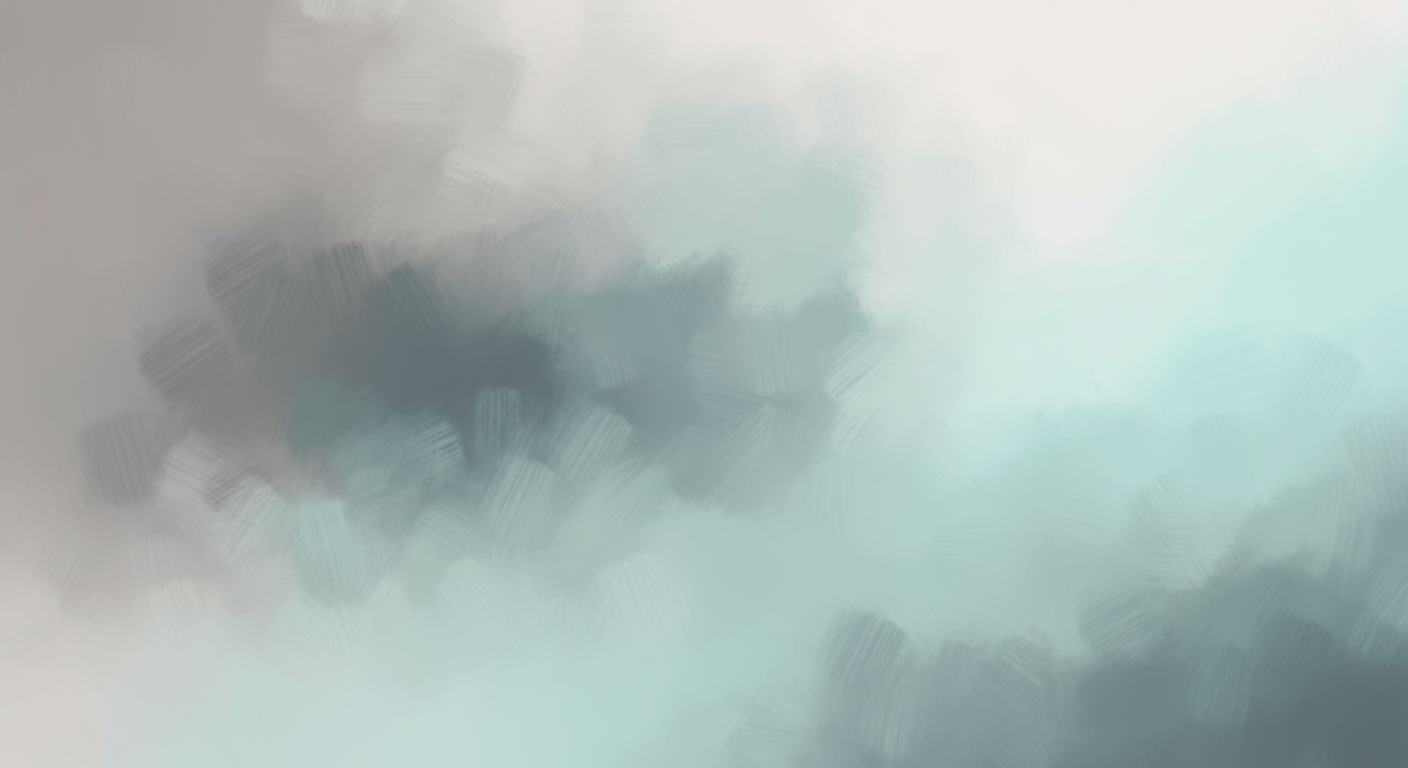
Therapy for Depression
You Don’t Have to Face Depression Alone
When struggling with depression, even the smallest tasks can feel like climbing a mountain. You might find yourself moving through the day in a fog. You can feel exhausted, disconnected, and often wondering if things will ever feel different. Maybe you're showing up normal on the outside—but on the inside you feel stuck, overwhelmed, or numb.
You’re not broken. You’re not failing. You’re human. Therapy can help.

Understanding Depression
Depression looks different for everyone. For some, it’s a heavy sadness that never lifts. For others, it’s a constant sense of emptiness, irritability, or shame. You might struggle with motivation, feel isolated from people you care about, or lose interest in the things that used to bring you joy.
No matter how it shows up, depression is painful—but it’s also something we can work through together. It’s not a sign of weakness. It’s a sign that something in your life deserves attention, care, and healing.
How Therapy Helps with Depression
Therapy creates space for you to explore what’s really going on—without judgment or pressure. Together, we’ll build safety and trust so you don’t have to carry everything alone. We’ll identify what’s keeping you stuck and start practicing tools to help you cope with difficult thoughts and emotions.
Using evidence-based approaches like Cognitive Behavioral Therapy (CBT), Dialectical Behavior Therapy (DBT), and Acceptance and Commitment Therapy (ACT), we can explore how your thoughts, feelings, and behaviors are connected. We’ll work on building emotional resilience, strengthening self-compassion, and reconnecting with the parts of yourself that feel lost or buried.
All of this happens at your pace. My job isn’t to “fix” you—it’s to walk alongside you as you begin to feel more like yourself again.
How Depression Can Show Up
Depression doesn’t always look the way we expect. It can affect every part of your life—your body, mind, emotions, and relationships. Here are some common ways it might show up:
-
Constant fatigue or low energy
Changes in sleep (too much or too little)
Appetite or weight changes
Aches, pains, or digestive issues with no clear cause
Slowed movements or speech
-
Persistent sadness or emptiness
Feeling hopeless or helpless
Irritability or frustration
Emotional numbness or feeling “flat”
Difficulty enjoying things you used to love
-
Trouble concentrating or making decisions
Racing or intrusive thoughts
Self-criticism or feelings of worthlessness
Memory problems or mental fog
Thoughts of death or suicide (with or without intent)
-
Withdrawing from friends or family
Avoiding social situations or canceling plans
Feeling disconnected or misunderstood
Trouble asking for help or expressing emotions
Feeling like a burden to others

When Depression Is Part of a Bigger Picture
Many of my clients are navigating depression alongside other challenges. You might be struggling with an eating disorder or body image issues. You might be dealing with anxiety, past trauma, or the lingering pain of spiritual abuse. Depression can show up as part of these experiences—and healing them often means addressing the whole picture.
With years of experience working in various levels of care, especially with those struggling with eating disorders, I understand how complex and layered healing can be. I use a trauma-informed, compassionate approach rooted in frameworks like Health at Every Size (HAES), Intuitive Eating, and body liberation to help you rebuild trust with both your body and your mind.
What to Expect in Depression Therapy
In our first few sessions, we’ll focus on getting to know you. The goal is for me to understand what’s been weighing on you, what you hope to feel, and what safety looks and feels like for you. From there, we’ll move at a pace that feels right. Some days might be about learning new coping skills whereas other days are going to be about just making it through.
There’s no one-size-fits-all here. You’ll never be pushed to go further than you’re ready for. You deserve a space where you can show up as your full self—messy, confused, hopeful, or hurting—and still feel seen and supported.
You’re Not Alone in This
Let’s Take the First Step Together
If depression has left you feeling disconnected from the world, from others, or from yourself, therapy can be a place to begin again. You don’t have to have it all figured out. You just have to take the next step.
I’d be honored to walk alongside you.
If you’re ready to explore what life might look like with more lightness and support, I invite you to reach out.




